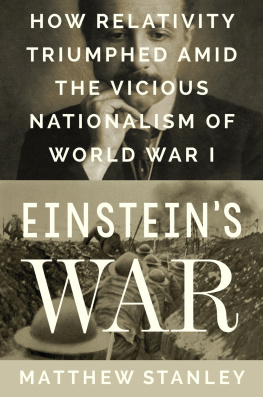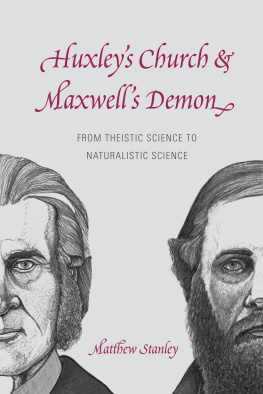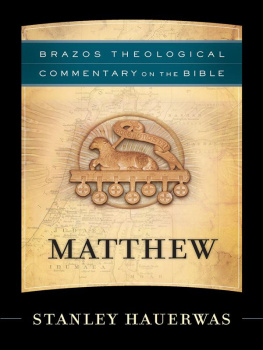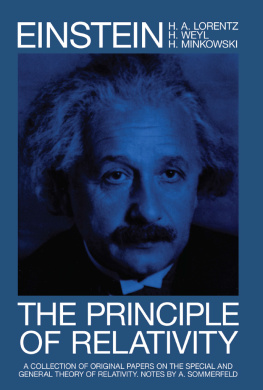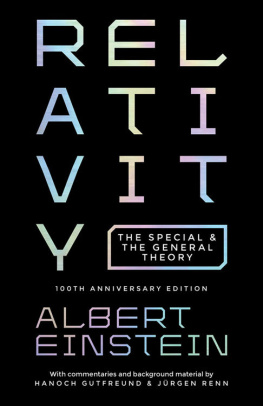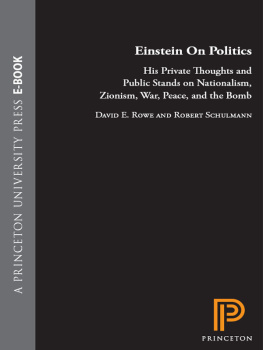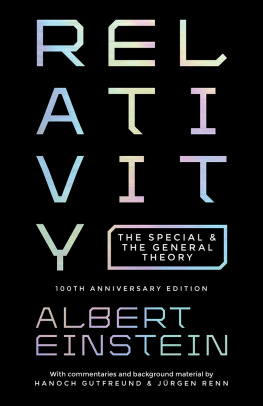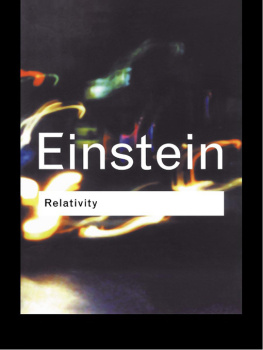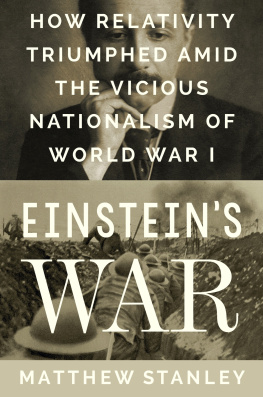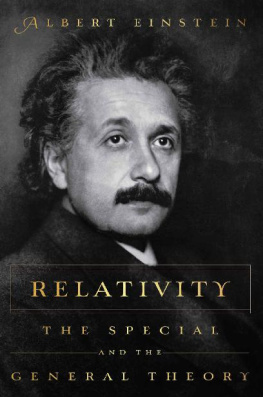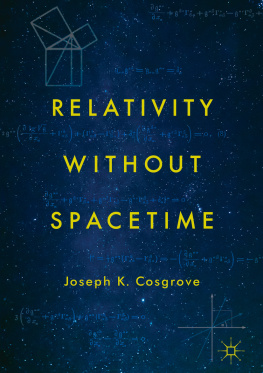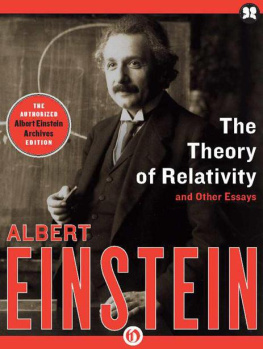Matthew Stanley - Einstein’s War: How Relativity Triumphed Amid the Vicious Nationalism of World War I
Here you can read online Matthew Stanley - Einstein’s War: How Relativity Triumphed Amid the Vicious Nationalism of World War I full text of the book (entire story) in english for free. Download pdf and epub, get meaning, cover and reviews about this ebook. year: 2019, publisher: Penguin Publishing Group, genre: Non-fiction. Description of the work, (preface) as well as reviews are available. Best literature library LitArk.com created for fans of good reading and offers a wide selection of genres:
Romance novel
Science fiction
Adventure
Detective
Science
History
Home and family
Prose
Art
Politics
Computer
Non-fiction
Religion
Business
Children
Humor
Choose a favorite category and find really read worthwhile books. Enjoy immersion in the world of imagination, feel the emotions of the characters or learn something new for yourself, make an fascinating discovery.
- Book:Einstein’s War: How Relativity Triumphed Amid the Vicious Nationalism of World War I
- Author:
- Publisher:Penguin Publishing Group
- Genre:
- Year:2019
- Rating:4 / 5
- Favourites:Add to favourites
- Your mark:
- 80
- 1
- 2
- 3
- 4
- 5
Einstein’s War: How Relativity Triumphed Amid the Vicious Nationalism of World War I: summary, description and annotation
We offer to read an annotation, description, summary or preface (depends on what the author of the book "Einstein’s War: How Relativity Triumphed Amid the Vicious Nationalism of World War I" wrote himself). If you haven't found the necessary information about the book — write in the comments, we will try to find it.
Einstein’s War: How Relativity Triumphed Amid the Vicious Nationalism of World War I — read online for free the complete book (whole text) full work
Below is the text of the book, divided by pages. System saving the place of the last page read, allows you to conveniently read the book "Einstein’s War: How Relativity Triumphed Amid the Vicious Nationalism of World War I" online for free, without having to search again every time where you left off. Put a bookmark, and you can go to the page where you finished reading at any time.
Font size:
Interval:
Bookmark:
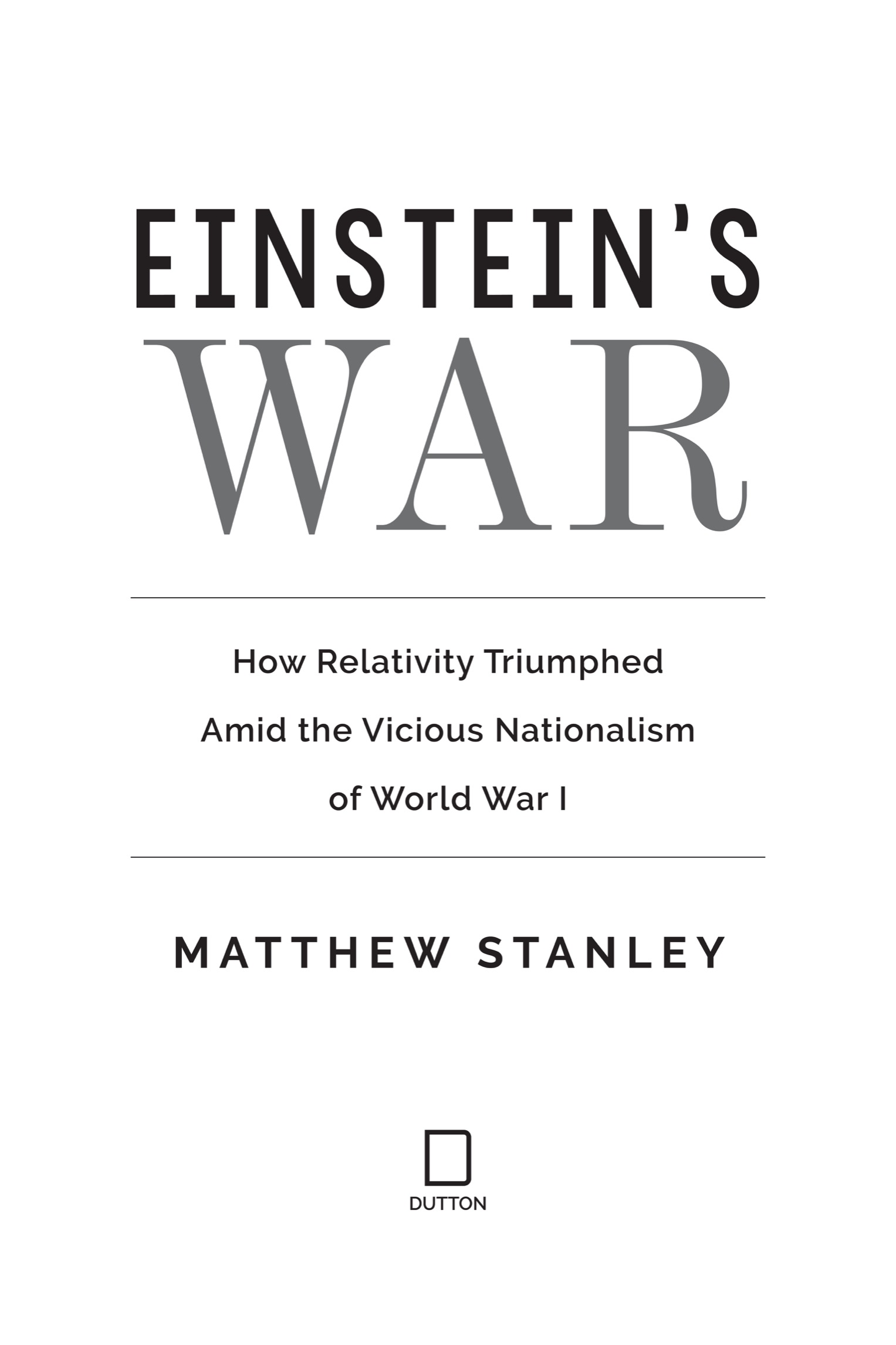

An imprint of Penguin Random House LLC
penguinrandomhouse.com

Copyright 2019 by Matthew Stanley
Penguin supports copyright. Copyright fuels creativity, encourages diverse voices, promotes free speech, and creates a vibrant culture. Thank you for buying an authorized edition of this book and for complying with copyright laws by not reproducing, scanning, or distributing any part of it in any form without permission. You are supporting writers and allowing Penguin to continue to publish books for every reader.
DUTTON and the D colophon are registered trademarks of Penguin Random House LLC.
Personality rights of ALBERT EINSTEIN are used with permission from the Hebrew University of Jerusalem. Represented exclusively by Greenlight.
LIBRARY OF CONGRESS CATALOGI NG - IN - PUBLICATION DA TA
Names: Stanley, Matthew, 1975 author.
Title: Einsteins war : the birth of relativity amid the vicious nationalism of World War I / Matthew Stanley.
Description: New York, New York : Dutton, an imprint of Penguin Random House LLC, [2019] | Includes bibliographical references and index.
Identifiers: LCCN 2019001286 | ISBN 9781524745417 (hardcover ; alk. paper) | ISBN 1524745413 (hardcover ; alk. paper) | ISBN 9781524745431 (ebook) | ISBN 152474543X (ebook)
Subjects: LCSH: Relativity (Physics)History. | ScienceSocial aspects. | Einstein, Albert, 18791955. | Eddington, Arthur Stanley, Sir, 18821944. | World War, 19141918Science.
Classification: LCC QC173.52 .S73 2019 | DDC 530.1109/041dc23
LC record available at https://lccn.loc.gov/2019001286
While the author has made every effort to provide accurate telephone numbers, internet addresses, and other contact information at the time of publication, neither the publisher nor the author assumes any responsibility for errors or for changes that occur after publication. Further, the publisher does not have any control over and does not assume any responsibility for author or third-party websites or their content.
Version_2
The Devil howling, Ho!...
T HEY HAD BEEN allies for five years but were meeting for the first time. On a Friday afternoon in June 1921 a shabby scientist, wearing shoes without socks, shuffled down a hallway in London. He described himself as having a pale face and long hair, and a tiny start of a paunch. Someone watching would notice an awkward gait, and a cigar in the mouth... and a pen in pocket or hand. But crooked legs and warts he does not have, and so is quite handsome. No one on the planet would have needed an introduction to him: his lively mane and bushy mustache marked him unmistakably as Albert Einstein, the most famous thinker in the world.
Waiting for him was a neatly dressed, square-jawed Englishman. He had a lean, athletic build and a thoughtful, penetrating gaze. Arthur Stanley Eddington had just been elected president of the Royal Astronomical Society (colloquially known as the RAS), but it was not his expertise about the hearts of stars and movements of galaxies that bonded him to Einstein. He had literally journeyed across the world, suffered condemnation and the threat of prison, and battled against centuries of scientific tradition to help make this unruly visitor from Berlin into an icon of science. He was the one who had showed Einsteins relativity to be true, and who had spread that gospel around the world.
They shook hands in Burlington House, a grand Palladian structure that sat at the inner ring of British science. Not long before, it would have been unthinkable for someone who answered to Herr Professor to set foot there. The building had seen ferocious arguments about whether German research even counted as real science, and whether Germans could ever be allowed back into the scientific community after the horrors of the Great War. But now the main room filled to bursting with British scientists eagerly waiting to hear Einsteins every word.

T HIS IS THE story of a theory, general relativity, hailed at its birth as one of the greatestperhaps the greatestof achievements in the history of human thought. It remains, a century later, one of the essential pillars upholding our understanding of the universe. Relativity not only explained the movements of galaxies through space, predicted black holes, and defined the grand scales of the cosmos, it forced us to question the most basic ways we experience the world around us. Einstein warned that time and space were not what they seemed, that the most fundamental tools we use to make sense of reality were warped. Gravity bent light, twins aged at different rates, stars were askew in the heavens, matter and energy were strange shadows of each other. We saw only a distorted, partial view of the true four-dimensional universe. The truth of things was accessible only to those who could grapple with complicated mathematics and philosophical paradoxes.
Einsteins extraordinary claims, and Einstein himself, burst into public view in 1919. His theory had been complete for four years and he had been hard at work on it for almost a decade before that. But his work was still little known outside a small group of theoretical physicists. Why? This is also a story of sciences journey from peace to war and back again.
The First World War, the industrialized murder that racked Europe from 1914 to 1918, coincided with Einsteins most productive years (fifty-nine publications). His struggle with his own theory was inextricably tied to the course of the World War, as it was known at the time. Scientists seeking to confirm his ideas were arrested as spies. Technical journals were banned as enemy propaganda. Colleagues died in the trenches. And most frustratingly, Einstein was separated from his most crucial ally by barbed wire and U-boats. This ally was Eddington, who would go on to convince the world of the truth of relativity.
Eddington took up the cause of that German physicistwhom he had never metto show how science could triumph over nationalism and hatred. The international institutions of science had been shattered by the war and had left Einstein isolated, but Eddington realized that relativity could be the key to restoring exactly those networks. In 1919, when Europe was still in chaos from the war, Eddington led a globe-spanning expedition to catch a fleeting solar eclipse. It was a rare opportunity to confirm Einsteins bold prediction that light has weight. It was the results of this expeditionthe proof of relativity, as many saw itthat put Einstein on front pages around the world. The pandemonium of the Great War was the background against which this new sage appeared. His scientific revolution depended on battles both intellectual and political, fought from Berlin to London to the very edge of the universe.
The story of Einsteins relativity was a deeply human one. Far from being an abstract development of ideas through pure rationality or a spark of inspiration from one persons mind, this was a messy adventure that combined friendship, hatred, and politics. While Einstein never held a rifle or fired a shot, the war shaped his life and work for years. Falling ill from wartime starvation, unable to send simple letters to his most important colleagues, Einstein was constantly reminded he was living in a state under siege. The war hobbled him but also created the conditions under which his theory came to fruition. The pressures of that shattering conflict pushed together specific people and ideas at just the right moments of serendipity to create the relativity revolution. Einsteins emergence as a history-making figure could have been quite different: the practice of science, and what it even meant to
Font size:
Interval:
Bookmark:
Similar books «Einstein’s War: How Relativity Triumphed Amid the Vicious Nationalism of World War I»
Look at similar books to Einstein’s War: How Relativity Triumphed Amid the Vicious Nationalism of World War I. We have selected literature similar in name and meaning in the hope of providing readers with more options to find new, interesting, not yet read works.
Discussion, reviews of the book Einstein’s War: How Relativity Triumphed Amid the Vicious Nationalism of World War I and just readers' own opinions. Leave your comments, write what you think about the work, its meaning or the main characters. Specify what exactly you liked and what you didn't like, and why you think so.

